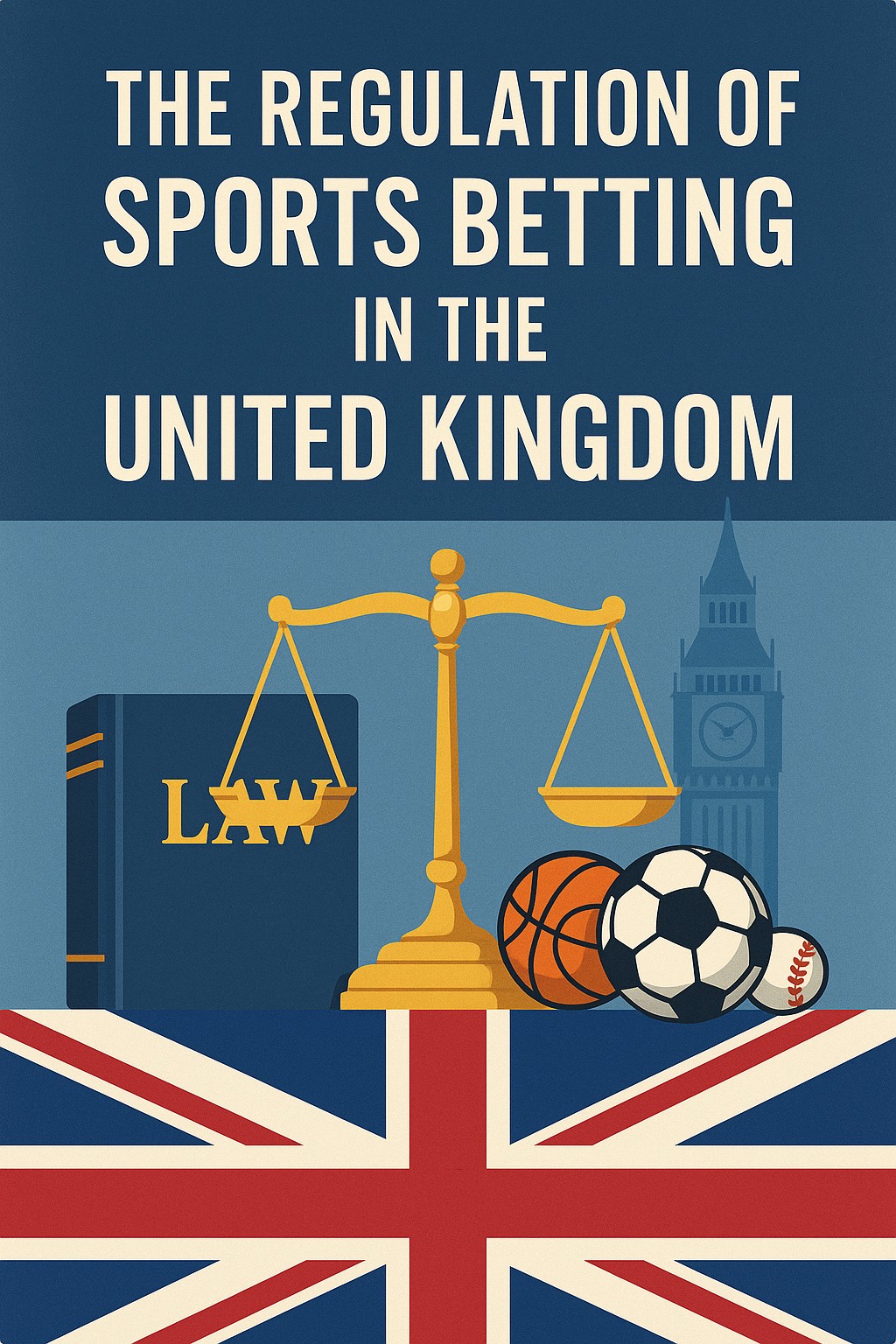THE REGULATION OF SPORTS BETTING IN THE UNITED KINGDOM

Introduction
Sports betting in the United Kingdom (UK) is well established and part of the UK culture and is also well regulated.
Online betting is particularly popular and continues to grow, with punters placing bets, in particular, on mobile phones.
Gambling in the UK contributes annually in taxes more than £700 million (around Sw. Frs. 749 million) and employs tens of thousands of people.
As a result, the UK adopts a generally favourable view of gambling, including sports betting in person and online
The UK Laws are designed to ensure that operators treat their clients fairly and that individuals under the age of 18 are protected from betting activities. In the event of any disputes, punters may resort to the UK Gambling Commission (the Commission) (see below).
UK Laws
The Gambling Act of 2005 (the Act) is the principal Law that regulates gambling in the UK and established the Commission for enforcing the Act and regulating gambling activities.
Operators active in the UK are required to obtain a Licence from either the Commission or a territory that has been whitelisted by the Commission, to ensure that they comply with the Act.
Online Betting
Operators of online betting sites are required to comply fully with the Act, and non-compliance can lead to their Licences being revoked and other penalties (see below).
Although UK punters are unlikely to be prosecuted for their online betting activities, individuals, who use unregulated betting providers, run the risk of having their funds in betting accounts frozen or seized if the providers are prosecuted.
In fact, checking whether an operator is licensed in the UK is a reliable way of verifying that the operator meets the required high standards of honesty and customer care. In fact, the Commission provides a licensee search engine, for this purpose.
Online Operator ProgressPlay Limited Fine
ProgressPlay Limited, which runs 134 websites, was fined, on 21 August 2025, the sum of £1 million (around Sw. Frs. 1,072,650) following a compliance assessment by the Commission revealed anti-money laundering (AML) and social responsibility failings.
The company has also been given a warning and is expected to undergo a third-party audit following the conclusion of their Licence review to ensure that the company is properly implementing AML and social responsibility policies, procedures and controls.
The AML failures included:
- failure to conduct an appropriate Money Laundering and Terrorist Financing (MLTF) risk assessment and did not implement appropriate controls to minimise the risk of MLTF;
- not considering all risks associated with its business and, therefore, failure to take a sufficiently risk-based approach to AML;
- failing to scrutinise sufficiently transactions carried out during the course of customer relationships, including, where necessary, verifying the source of funds to ensure that those transactions were consistent with the Casino’s understanding of the customer, their business activities, and their risk profile.
Social responsibility failures included:
- not having in place adequate systems and processes to monitor effectively customer activity at the point of account opening – this meant that early identification of any potential gambling related harm or the implementation of appropriate interventions was put at risk;
- employing a customer interactions policy, which failed to address adequately the elements of identify, act and evaluate, set out in the Remote Customer Interaction section of the Licence Conditions and Codes of Practice;
- failure to implement adequate processes to understand the impact of individual interactions and actions on a customer’s behaviour, the continued risk of potential harm and, therefore, whether and, if so, what further action was needed.
Conclusion
Sports betting is popular, especially online, and is well regulated in the UK, but failure to comply with any of the legal requirements can result in serious penalties being imposed, as the above case illustrates.
We act in sports betting cases, including disputes, in the UK and further information is available from Prof Dr Ian Blackshaw by emailing him at blackshaw@valloni.ch.